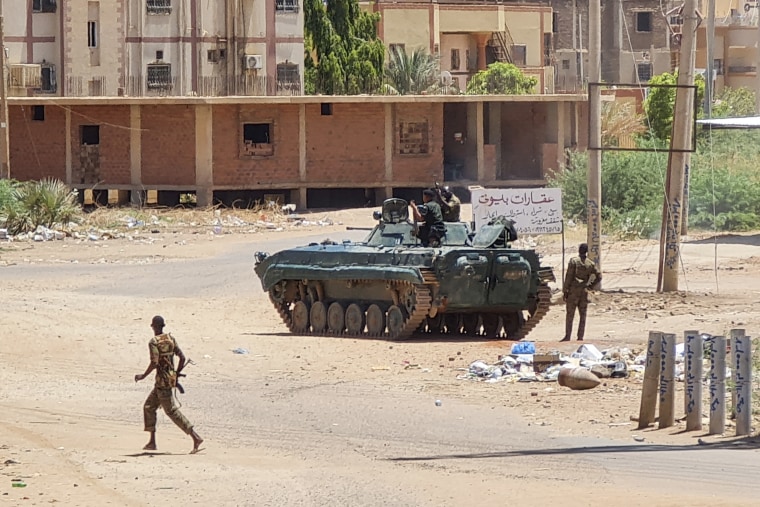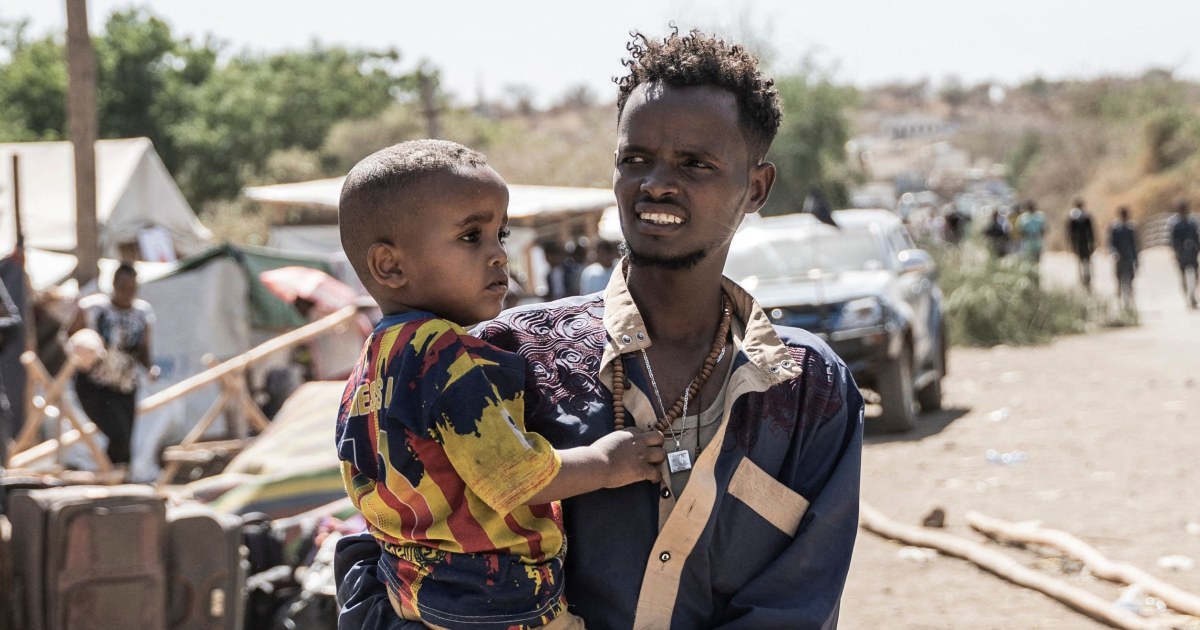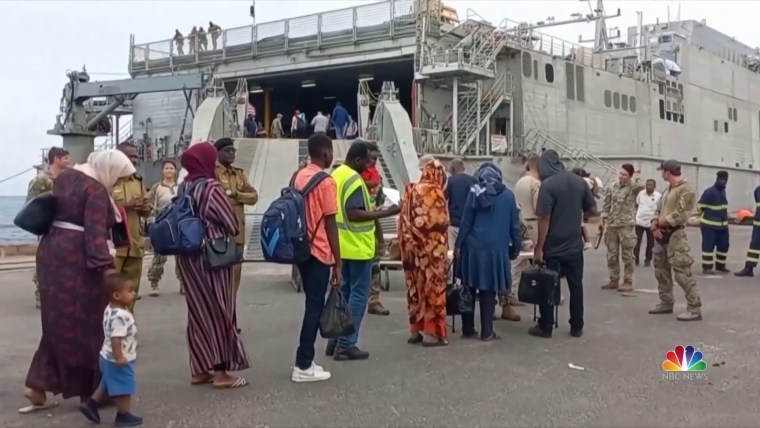Sudan’s warring factions pledged early Friday to protect civilians and the relief movement but have not agreed to a ceasefire and are staying away, US officials said.
After a week of talks in the Saudi port of Jeddah, the Sudanese army and the rival paramilitary Rapid Support Forces (RSF) signed a statement that they would work towards a short-term ceasefire in future discussions, they said.
“The two sides are pretty far apart,” said a senior US State Department official, speaking on condition of anonymity.
A text of the statement released after the talks said that the two factions «commit to prioritize discussions to achieve a ceasefire in the short term to facilitate the delivery of emergency humanitarian assistance and the restoration of essential services.»
A US State Department statement said the parties would focus on reaching an agreement for an effective ceasefire of up to 10 days.
Negotiators working with Saudi and US mediators will next discuss specific security measures to safeguard relief supplies, the US official said. The State Department statement said the measures «will include a ceasefire monitoring mechanism with support from the United States and Saudi Arabia and internationally.»
Saudi Foreign Minister Faisal bin Farhan said in a Twitter post that the talks and commitment to protect civilians were a first step, and «other steps will follow.»
«The most important thing is to adhere to what was agreed, and the Kingdom will work until security and stability return to Sudan and its brother people,» the Saudi minister said.
The army and RSF said in their agreement that they would schedule «later extended discussions to achieve a permanent cessation of hostilities.»
The US official said it would be a long process to go from a temporary ceasefire, once agreed, to a permanent cessation of hostilities. But Washington hopes that the willingness of the two parties to sign on to Friday’s statement will build momentum.
Civilian groups are expected to take part in the talks later, the US official said. The Forces for Freedom and Change, a coalition of political parties that support democratic rule, called the declaration «an important first step in ending the war» and urged the forces to abide by it.
Clashes rocked Halfaya, an entry point to the capital Khartoum, on Thursday as residents heard fighter jets hovering over Khartoum and its adjacent cities of Bahri and Omdurman, but the fighting seemed calmer than on Wednesday.

In public, neither side has shown it is willing to offer concessions to end the conflict that erupted suddenly last month, threatening to plunge Sudan into civil war, killing hundreds and sparking a humanitarian crisis.
Previous ceasefire agreements have been repeatedly violated, leaving civilians in a terrifying landscape of chaos and shelling with power and water failures, food shortages and a collapsed health system.
The senior State Department official said the declaration signed early Friday seeks to improve the flow of humanitarian aid and begin restoration of water and electricity services.
The mediators hope that it will be possible «to order the withdrawal of the security forces from hospitals and clinics, and to carry out the respectful burial of the dead,» the official said.
The World Health Organization has said that more than 600 people have been killed and more than 5,000 injured in the fighting. The Health Ministry said at least 450 people were killed in the western Darfur region.
Many have fled Khartoum and Darfur, uprooting 700,000 people inside the country and sending 150,000 as refugees to neighboring states, according to UN figures.
Western countries condemned the abuses by both sides at a human rights meeting in Geneva, but Sudan’s envoy there said the conflict was «an internal matter.»


